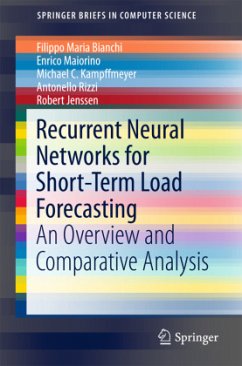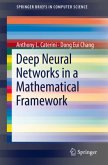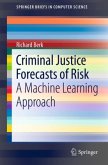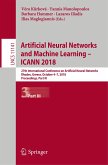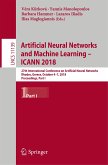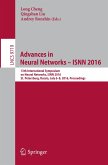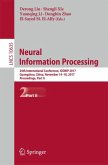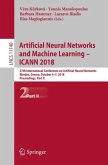The key component in forecasting demand and consumption of resources in a supply network is an accurate prediction of real-valued time series. Indeed, both service interruptions and resource waste can be reduced with the implementation of an effective forecasting system.
Significant research has thus been devoted to the design and development of methodologies for short term load forecasting over the past decades. A class of mathematical models, called Recurrent Neural Networks, are nowadays gaining renewed interest among researchers and they are replacing many practical implementations of the forecasting systems, previously based on static methods. Despite the undeniable expressive power of these architectures, their recurrent nature complicates their understanding and poses challenges in the training procedures.
Recently, new important families of recurrent architectures have emerged and their applicability in the context of load forecasting has not been investigated completely yet. This work performs a comparative study on the problem of Short-Term Load Forecast, by using different classes of state-of-the-art Recurrent Neural Networks. The authors test the reviewed models first on controlled synthetic tasks and then on different real datasets, covering important practical cases of study. The text also provides a general overview of the most important architectures and defines guidelines for configuring the recurrent networks to predict real-valued time series.
Significant research has thus been devoted to the design and development of methodologies for short term load forecasting over the past decades. A class of mathematical models, called Recurrent Neural Networks, are nowadays gaining renewed interest among researchers and they are replacing many practical implementations of the forecasting systems, previously based on static methods. Despite the undeniable expressive power of these architectures, their recurrent nature complicates their understanding and poses challenges in the training procedures.
Recently, new important families of recurrent architectures have emerged and their applicability in the context of load forecasting has not been investigated completely yet. This work performs a comparative study on the problem of Short-Term Load Forecast, by using different classes of state-of-the-art Recurrent Neural Networks. The authors test the reviewed models first on controlled synthetic tasks and then on different real datasets, covering important practical cases of study. The text also provides a general overview of the most important architectures and defines guidelines for configuring the recurrent networks to predict real-valued time series.

